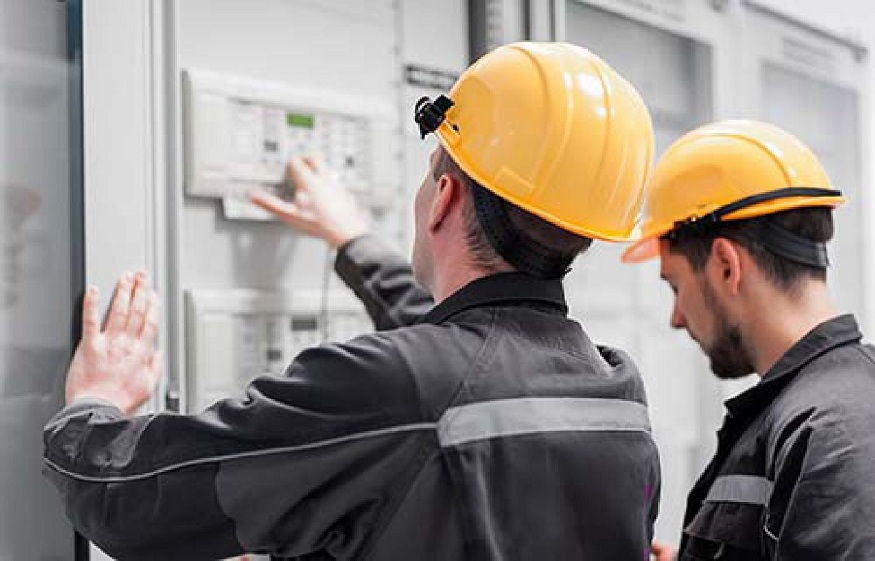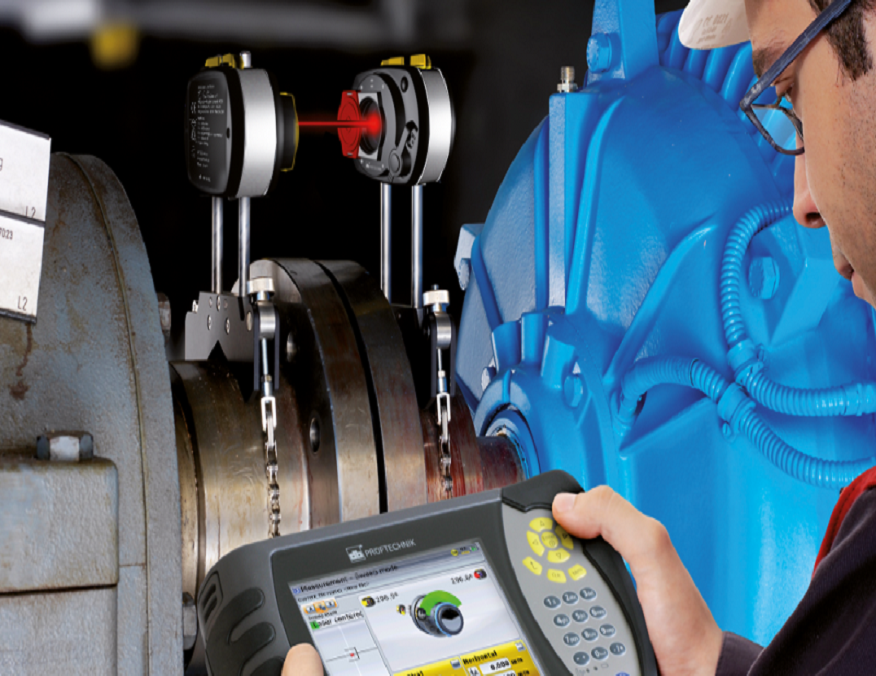Air compressor mechanics play an important role in keeping air compressors functioning properly, ensuring that they provide the reliable power and performance that businesses rely on. If you’re interested in pursuing a career as an air compressor mechanic, there are several steps you’ll need to take to gain the education, training, and certification required to succeed in this field. In this article, we’ll explore the key components of becoming an air compressor mechanic, from the necessary education and training to the certifications that will help you stand out in the field.
Education Requirements
Air compressor mechanics typically require a high school diploma or equivalent to enter the field. However, to advance in their careers or specialize in certain areas, such as electronics, automation, or HVAC systems, they may need additional education, such as vocational or technical school training or an associate’s degree in mechanical engineering or a related field.
High School Diploma or Equivalent
A high school diploma or equivalent, such as a GED, is the minimum educational requirement for most air compressor mechanic positions. This level of education provides a foundation in basic mathematics, science, communication, and technical skills that are useful in the profession. High school courses in automotive technology, industrial arts, welding, electricity, and computer science can also be helpful.
Vocational or Technical School Training
Vocational or technical schools offer programs that focus on practical skills and knowledge related to specific trades, such as automotive technology, HVAC systems, and industrial maintenance. These programs typically last one to two years and may lead to a diploma or certificate. Some schools also offer specialized programs in air compressor technology, which cover topics such as compressor design, operation, maintenance, repair, and safety. These programs may also include hands-on training and internships with local businesses, which can provide valuable work experience and networking opportunities.
Associate’s Degree in Mechanical Engineering or Related Field
An associate’s degree in mechanical engineering or a related field, such as electromechanical engineering technology or industrial maintenance technology, can provide a more comprehensive education and open up more career opportunities for air compressor mechanics. These programs typically last two years and cover topics such as mechanics, thermodynamics, fluid dynamics, materials science, and computer-aided design (CAD). Some programs may also offer courses in business, management, and entrepreneurship, which can be useful for those who want to start their own air compressor repair businesses.
Training and Experience
While education is important for air compressor mechanics, hands-on training and experience are equally essential. Many mechanics start their careers by working as apprentices or helpers under experienced professionals, learning the trade through on-the-job training and observation. Some employers also offer formal training programs, which may include classroom instruction, hands-on practice, and safety training. Additionally, some air compressor manufacturers offer training and certification programs for their products, which can provide valuable product-specific knowledge and credentials.
Apprenticeships and Helpers
Apprenticeships and helper positions are common entry-level opportunities for aspiring air compressor mechanics. These positions typically require little to no prior experience but may require some basic technical skills or knowledge. Apprenticeships typically last two to four years and involve a combination of classroom instruction and on-the-job training. Apprentices work under the supervision of experienced mechanics, learning how to diagnose and repair various compressor systems, as well as how to use various tools and equipment safely. Helpers, on the other hand, perform more basic tasks, such as cleaning and organizing the shop, fetching tools and parts, and assisting mechanics with tasks as needed. Helpers may also have opportunities to observe and learn from more experienced professionals.
Formal Training Programs
Formal training programs can be found at vocational or technical schools, community colleges, or specialized training centers. These programs can last from a few weeks to a few months and may include classroom instruction, hands-on practice, and safety training. Some programs may also offer certification or credentialing upon completion, which can enhance job prospects and credibility.
Manufacturer Training and Certification Programs
Many air compressor manufacturers offer training and certification programs for their products. These programs typically cover specific models or product lines and provide in-depth knowledge of their design, operation, maintenance, and troubleshooting. Certification from a manufacturer can demonstrate expertise in that particular product, which can be valuable for mechanics who specialize in that product or work for a company that uses it extensively.
Certification and Licensing
Certification and licensing are not always required for air compressor mechanics, but they can be beneficial for career advancement, credibility, and safety. Certification is a voluntary process that typically involves passing an exam or meeting certain criteria to demonstrate knowledge and skills in the profession. Licensing, on the other hand, is a legal requirement imposed by some states or municipalities to ensure that mechanics meet certain standards of competency and safety.
Certification
Several organizations offer certification for air compressor mechanics, such as the National Institute for Automotive Service Excellence (ASE) and the Refrigeration Service Engineers Society (RSES). ASE certification is a widely recognized credential in the automotive and mechanical industries and covers various areas, including engine repair, electrical systems, brakes, and air conditioning. RSES certification, on the other hand, focuses specifically on HVAC and refrigeration systems, including compressors.
Licensing
Licensing requirements for air compressor mechanics vary by state and locality. Some states, such as California and New Jersey, require air conditioning and refrigeration mechanics to be licensed. Licensing typically involves passing an exam, meeting education and experience requirements, and paying a fee. Licensed mechanics may also be subject to periodic renewals and continuing education requirements to maintain their license.
Skills and Qualities
To become a successful air compressor mechanic, it’s essential to have certain skills and qualities that enable you to perform the job effectively and safely. Some of these skills and qualities include:
- Mechanical Skills: Air compressor mechanics must have strong mechanical skills to diagnose and repair various compressor systems and their components. They must be familiar with various hand and power tools, as well as welding and brazing techniques.
- Technical Knowledge: Air compressor mechanics must have a solid understanding of compressor design, operation, and maintenance. They must be able to read technical manuals, schematics, and blueprints, as well as use computer software for diagnostic and troubleshooting purposes.
- Safety Awareness: Air compressor mechanics work with potentially hazardous equipment, such as high-pressure air tanks, electrical systems, and flammable gases. They must be aware of safety procedures and regulations, such as lockout/tagout, personal protective equipment, and fire prevention.
- Problem-Solving Skills: Air compressor mechanics must be able to identify problems, analyze causes, and develop solutions. They must be able to think critically and creatively, as well as communicate their findings and recommendations to others.
- Interpersonal Skills: Air compressor mechanics often work in teams or with customers, suppliers, and other stakeholders. They must have good communication, listening, and customer service skills, as well as the ability to work collaboratively and resolve conflicts.
Conclusion
Becoming an air compressor mechanic requires a commitment to education, training, and ongoing professional development. With the right education and training, along with relevant certifications, you can establish yourself as a skilled and knowledgeable professional in the air compressor repair shop. If you’re interested in pursuing this career path, consider researching educational programs and apprenticeships in your area, and seek out opportunities to gain hands-on experience in the field. By investing in your education and professional development, you can build a rewarding career as an air compressor mechanic and make a valuable contribution to the industries that rely on these powerful tools. For more information, contact Complete Engineering Solutions.




